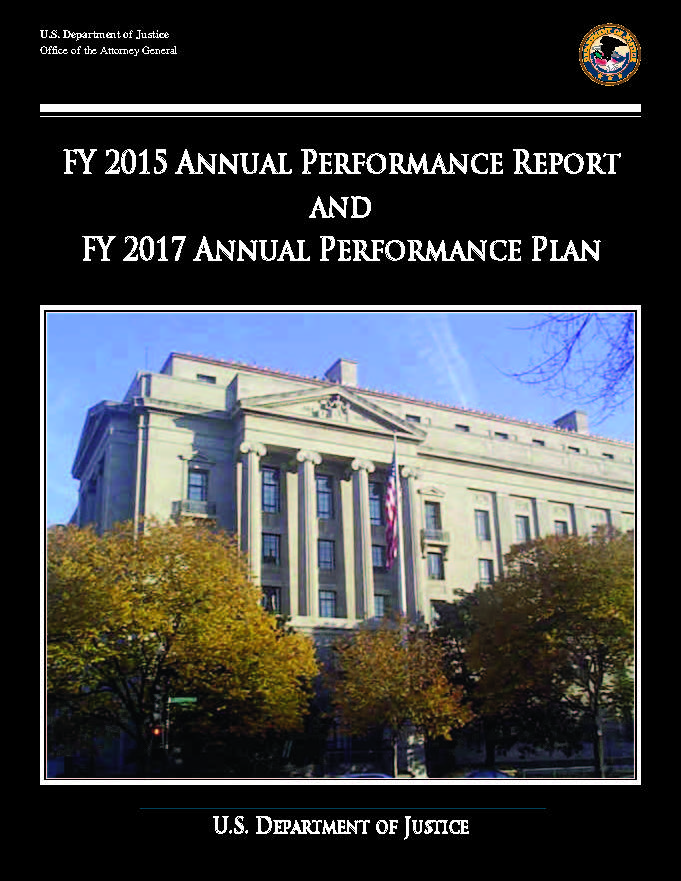- Home
- Agencies
- Department of Agriculture
- Department of Housing and Urban Development
- General Services Administration
- Department of Commerce
- Department of the Interior
- National Aeronautics and Space Administration
- Department of Defense
- Department of Justice
- National Science Foundation
- Department of Education
- Department of Labor
- Office of Personnel Management
- Department of Energy
- Department of State
- Small Business Administration
- Environmental Protection Agency
- Department of Transportation
- Social Security Administration
- Department of Health and Human Services
- Department of the Treasury
- U.S. Agency for International Development
- Department of Homeland Security
- Department of Veterans Affairs
- Goals
- Initiatives
- Programs
Primary tabs
Key to Changes
This text is Revised text
This word has been added to the text
This text is Last Published text
This word has been removed from the text
Modifed styling with no visual changes
Strategic Objective
Prevent and respond to genocide and mass atrocities
Strategic Objective
Overview
On August 4, 2011, the President declared the prevention of genocide and mass atrocities to be a core national security interest as well as a core moral responsibility of the United States. The President noted that our national security is affected when masses of civilians are slaughtered, refugees flow across borders, and murderers wreak havoc on regional stability and livelihoods; America's reputation suffers and our ability to bring about change is constrained when we are perceived as idle in the face of mass atrocities and genocide; and our pursuit of a world where states do not systematically slaughter civilians will not come to fruition without concerted and coordinated effort.
Crimes of mass violence often lead to international instability, which puts the United States’ security and interests at risk. Lack of accountability for past mass human rights violations increases the risk that such crimes will be repeated. For more than 60 years, the U.S. Government has been a worldwide leader in efforts to end impunity for genocide, torture, war crimes, and other egregious human rights violations by holding perpetrators accountable in the United States through prosecutions or other available means. The Department will continue its longstanding efforts to prevent the United States from becoming a safe haven for the perpetrators of mass human rights violations and to support foreign and international efforts to hold such perpetrators accountable. The Department will also coordinate with other U.S. Government agencies to achieve an effective, whole-of-government approach to preventing genocide and mass atrocity.
Read Less...Progress Update
Strategic Objective Review Summary of Findings: On track and making satisfactory progress
As part of a global effort to end impunity for human rights violators who commit mass atrocities and genocide, the Department of Justice continued in FY 2015 to actively engage internationally and domestically in atrocity prevention and response. The Department conducted 3,445 programs and trainings with criminal justice system counterparts from 156 countries, and 578 training events and assistance programs with security and law enforcement counterparts in 35 countries. Results vary country by country, but legal and law enforcement advisors have observed the continued development of prosecutorial and investigative capacity as well as increased cooperation with numerous jurisdictions in combating serious criminal offenses.
During FY 2015, the U.S. Court of Appeals affirmed the conviction and sentence of Beatrice Munyenyezi, a woman who was convicted of procuring citizenship unlawfully, concealing her personal participation in the Rwandan genocide. Munyenyezi was sentenced to 10 years in prison and stripped of her U.S. citizenship. The Department also secured the extradition of Almaz Nezirovic to Bosnia and Herzegovina to stand trial for torture related offenses. Bosnian prosecutors charged Nezirovic with torture and inhumane treatment of detained civilians while serving as a military police officer during the Bosnian conflict. In addition, the Department filed a complaint seeking arrest and extradition for Innocente Montano Morales to face charges in Spain for the murder of 5 Spanish priests in El Salvador during the 12 year civil conflict. Finally, the Department secured the indictment of Slobodan Maric, who is alleged to have abused prisoners under his care in Bosnia while guarding a prison facility during the conflict in that country in 1992.
Regarding challenges ahead, there is a lack of public awareness of the Department’s ability to hold human rights violators accountable for atrocities that were committed overseas in the distant past. Robust recent efforts to build awareness will take time to bear fruit. Additionally, the lack of a physical presence in some countries hinders the Department’s ability to build relationships with those countries. The lack of presence prevents sustained development of institutions which ensures those countries do not become safe havens for perpetrators of mass atrocities.
Mass atrocities occur overseas in chaotic settings, making prevention extraordinarily difficult. Achieving this strategic objective presents immense hurdles and requires “whole of government” approach. The Department will continue to work collaboratively with international partners to end impunity for human rights abusers, including by responding to extradition requests, defending removal orders, and prosecuting cases involving human rights violators, including civil denaturalization cases, where appropriate. The Department will also continue robust case development efforts by engaging with immigrant communities throughout the United States to ensure that these communities understand that DOJ can hold accountable human rights violators who committed atrocities overseas.








